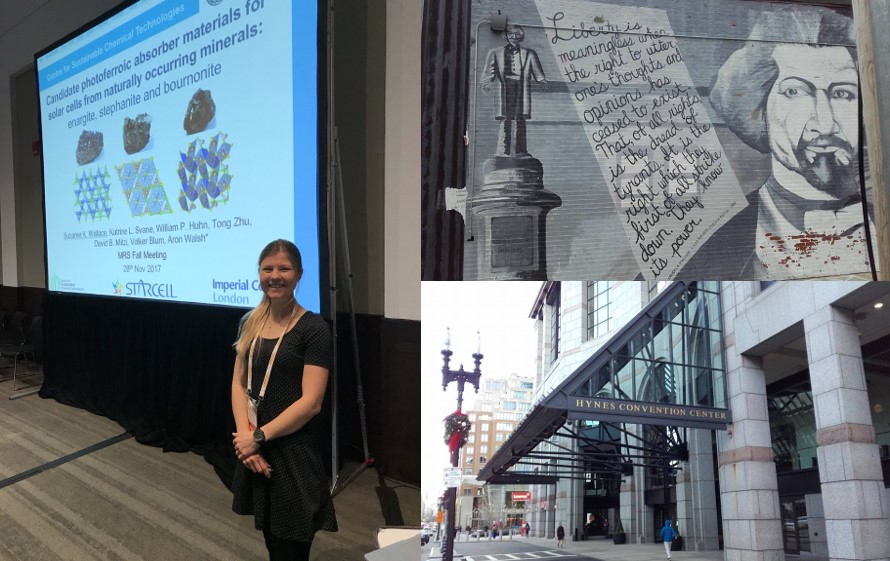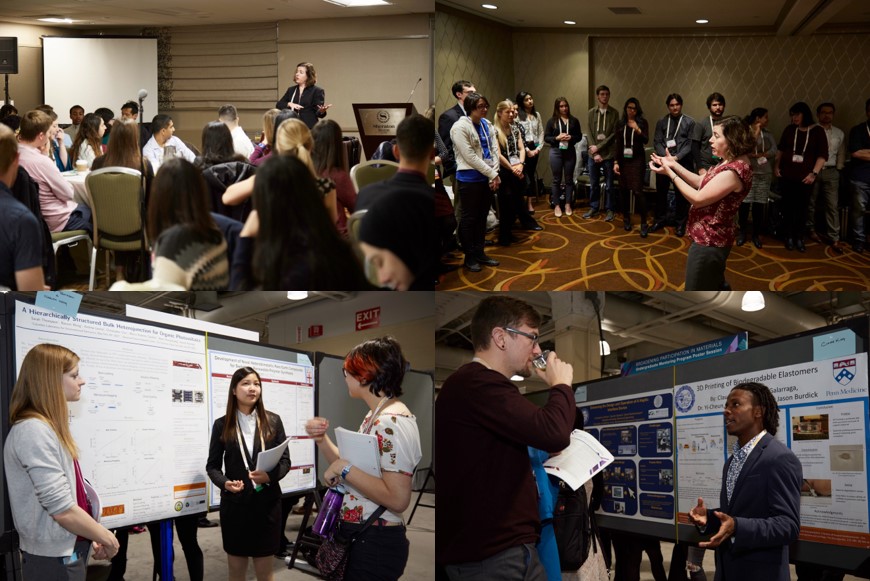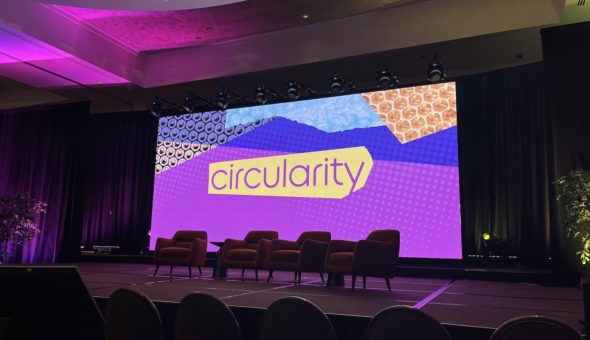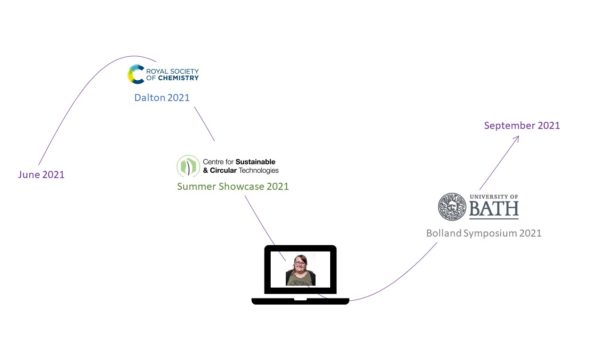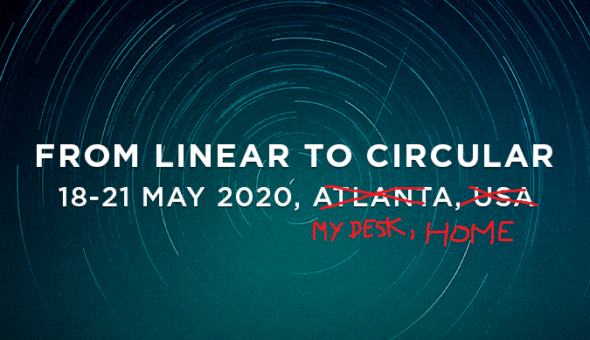This year I attended the 2017 Fall MRS (Materials Research Society) Meeting in Boston, Massachusetts. I presented research conducted in collaboration with Duke University on the properties of selected photoactive minerals, evaluating their potential for use as the light absorbing layer in a solar cell device. In my work, the material properties are predicted from computational simulations using a software package called ‘FHI-aims’, which is developed at several institutions including Duke University. So, in my talk, I was essentially showing off my ‘virtual rock collection’. But the goal was to introduce these materials to the broader research field so that their potential application in solar cells may be explored further with experimental measurements. Conveniently, there were plenty of experimentalists to chat to in my session ‘Earth Abundant Metal Oxides, Sulfides and Selenides for Energy Systems and Devices’.
This was by far the biggest conference I have attended with 6,583 attendees this year, talks between two venues and 54 different talk sessions to choose from! Apart from the enormity of this meeting (and trying to find your way around to get to all the talks in different sessions you wanted to attend!), the new experience for me at this meeting was participation in the ‘Broadening Participation in Materials Science Undergraduate Mentoring Program’. The Broadening Participation in Materials is a subcommittee of the MRS with the aim of promoting diversity and inclusion in materials science. The program I took part in during the MRS meeting pairs undergraduate, underrepresented students with graduate student or postdoc mentors and there is a special program of events and training for mentors and mentees to attend. Mentors and mentees are paired up based on various factors such as similar research interests and the skills each party wished to develop during the program. The mentees present a research poster at the MRS meeting, so mentors and mentees are put in contact with each other before the meeting so that mentees have access to guidance on poster preparation from their mentor if they have any queries.
The mentoring program kicked off with a mentoring workshop on the Sunday afternoon before the first day of the meeting. This was a nice opportunity to meet other mentors, who varied from graduate students such as myself with very little experience of mentoring, to academics who already supervise numerous students. During this workshop, we discussed several very thought-provoking case studies for situations that may be encountered as a mentor and strategies to handle such situations. The diversity in the experience of mentors in the program here made for very interesting discussions, with some mentors having encountered similar situations already as mentors and other mentors having either witnessed similar situations as a bystander or having been on the receiving end as a mentee themselves. There were also exercises to illustrate effective (or not-so-effective!) communication between a mentor and mentee, specifically, the effect of using predominantly ‘yes, and…’ or ‘not, but…’ when steering a conversation. This is something I feel that you need to try to appreciate the effects!
On the first day of the meeting we had our mentoring breakfast when you get to meet your mentee(s)! Prior to this, we were all introduced to our mentees via the messaging software ‘slack’, so I had an idea of the research they were presenting a poster on beforehand. During the breakfast, we were introduced to ‘elevator pitches’ to pitch the key features of your research in a snappy manner and took part in an exercise of summing up your research in one sentence, a surprisingly formidable task. The next main event in the program was the ‘Using Improv for Communications’ workshop. This workshop made for a nice break from attending scientific talks, to get re-energized ready to head back with a renewed focus for the rest of the talks that day! In addition to some short games to shake off the cobwebs, the workshop focused more on elevator pitches. Another exercise involved splitting off into small groups, explaining the key parts of your research to your partner in progressively short amounts of time after receiving feedback from your partner. It was interesting here to find out what stood out to your partner as the key aspects to highlight and the most effective explanations to use, especially when you only have 30 seconds…!
The main event of the program was the poster session that our mentees presented posters in. As someone with very little experience as a mentor, this was a very new experience to me! I wanted to make sure that my mentees felt I was always available if they wanted to ask anything (the use of ‘slack’ messaging software was very good in this regard), but I also was conscious to not interfere if it wasn’t necessary and to allow my mentees to find their own way around and to enjoy their poster session without feeling like they were under the constant watchful eye of a mentor! This is certainly a delicate balance to strike, and not something I had experienced before. Participating in the program providing some very valuable training and new experiences for me so I would definitely recommend this to anyone else attending future MRS meetings. As a mentor, you also get a special gold ‘mentor’ tag to add to your conference badge, which was also pretty snazzy.
Suzy is working towards her PhD on 'Overcoming the efficiency bottleneck of metal sulfide solar cells' with Professor Aron Walsh, Professor Chris Bowen and Professor Mark Weller.
Respond
